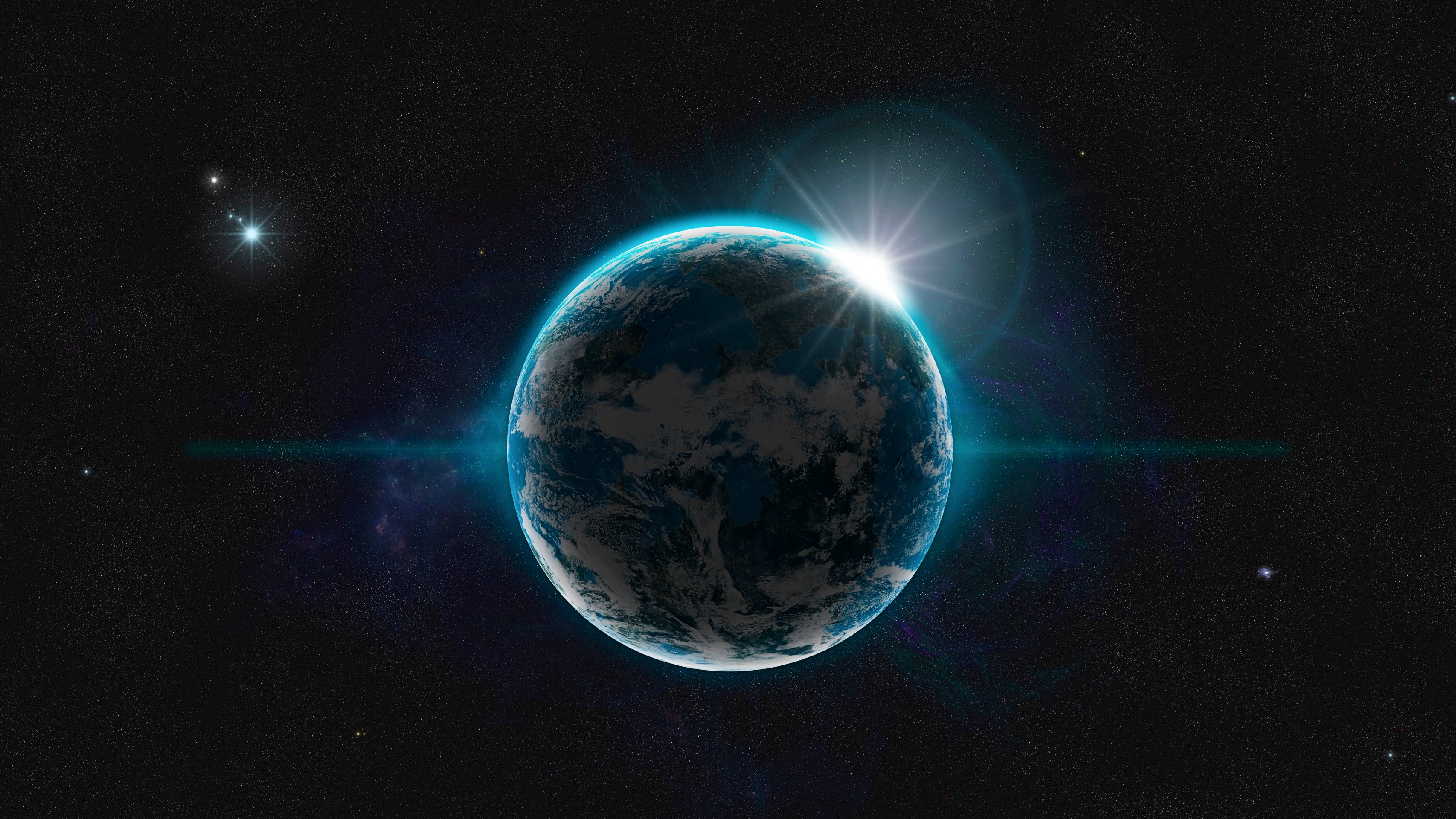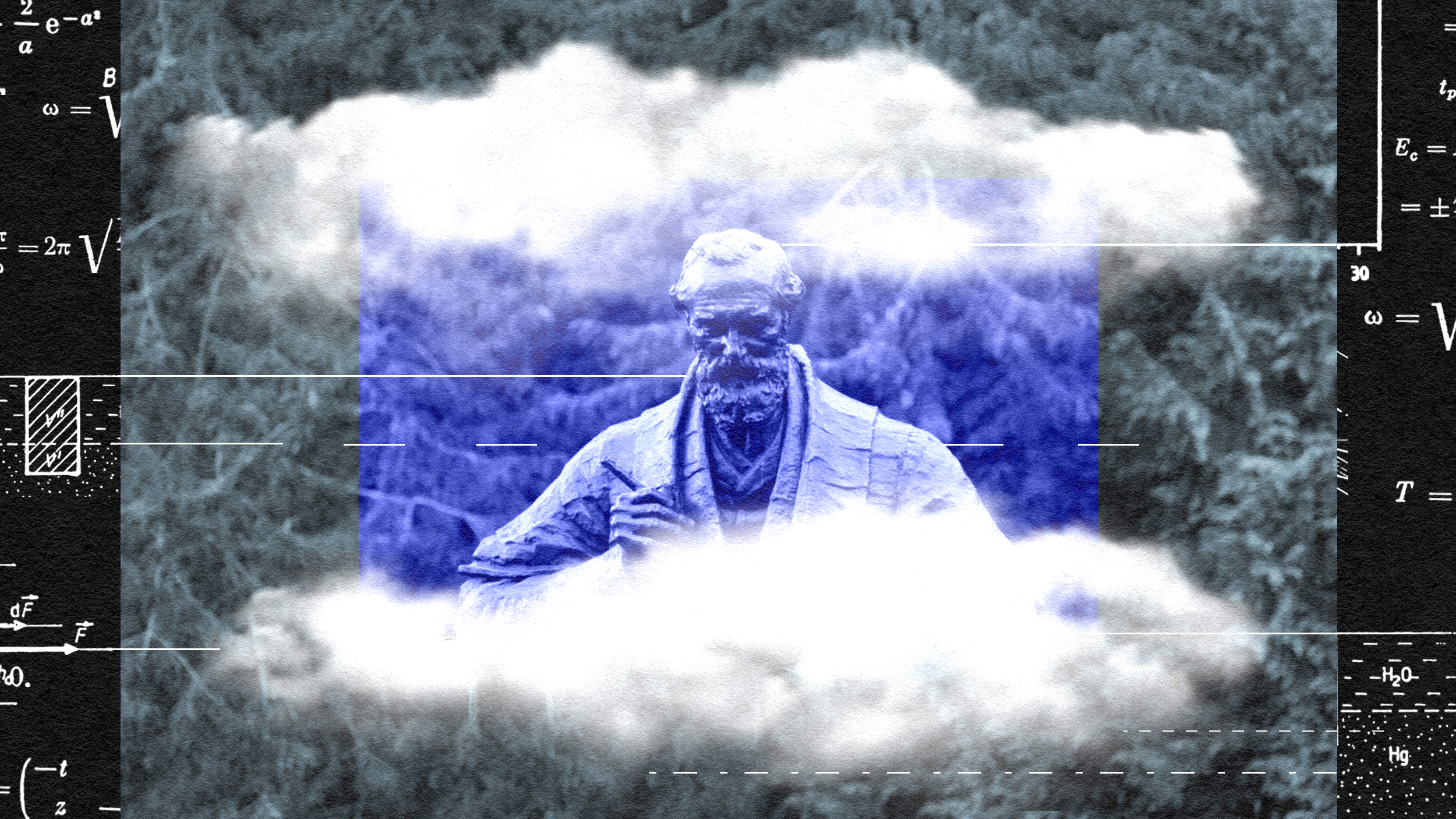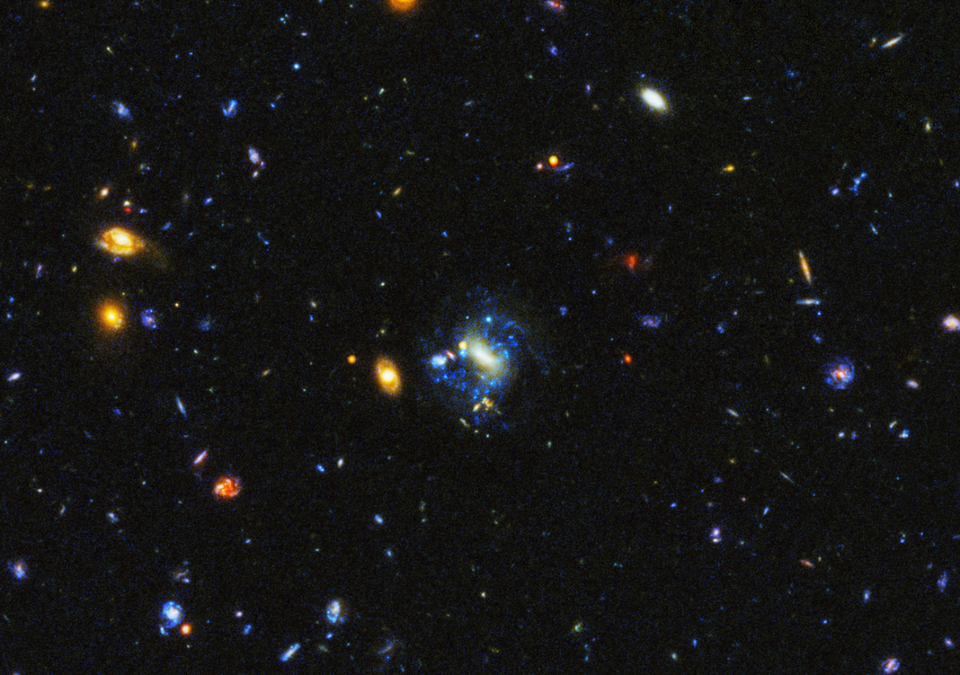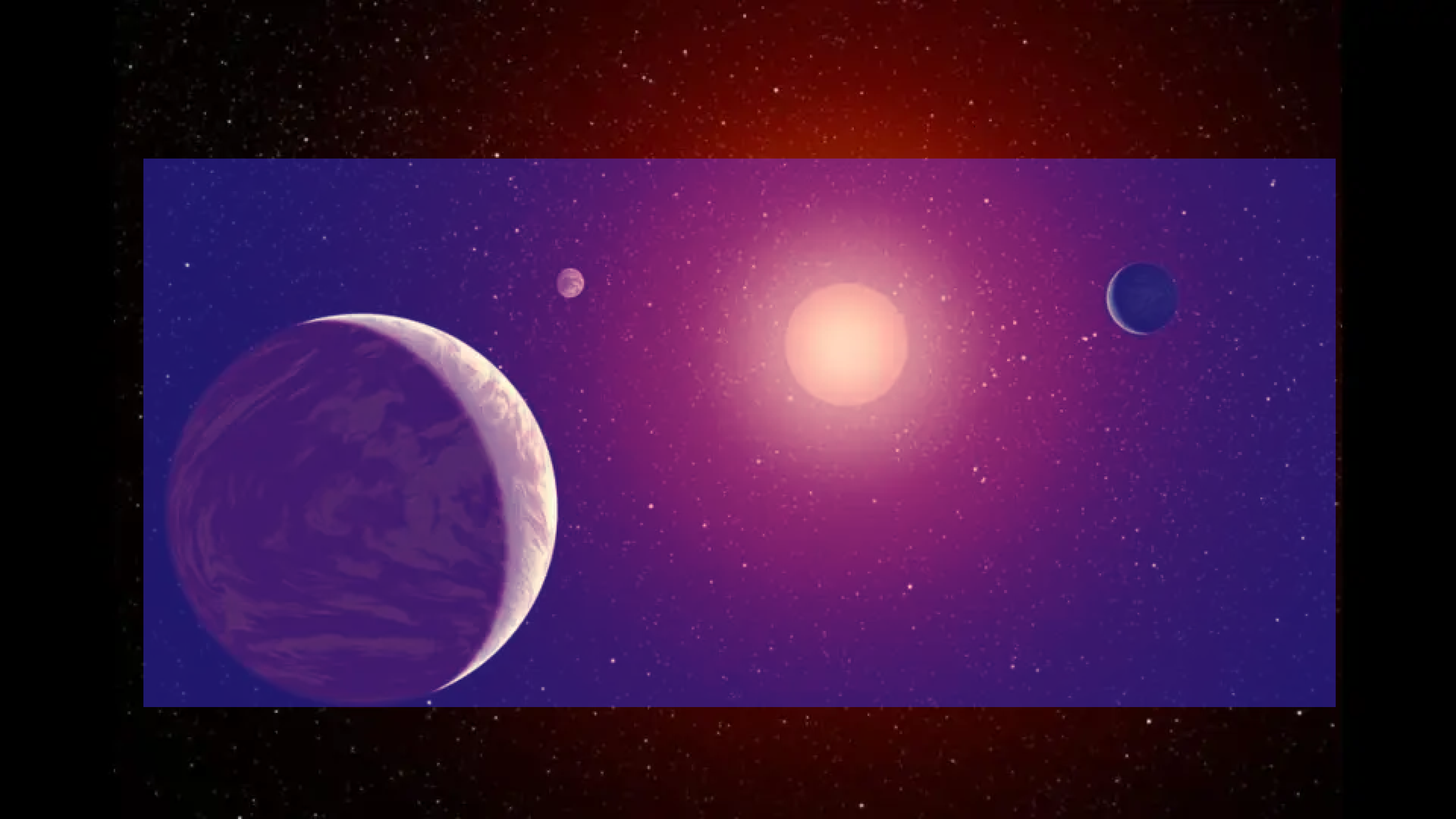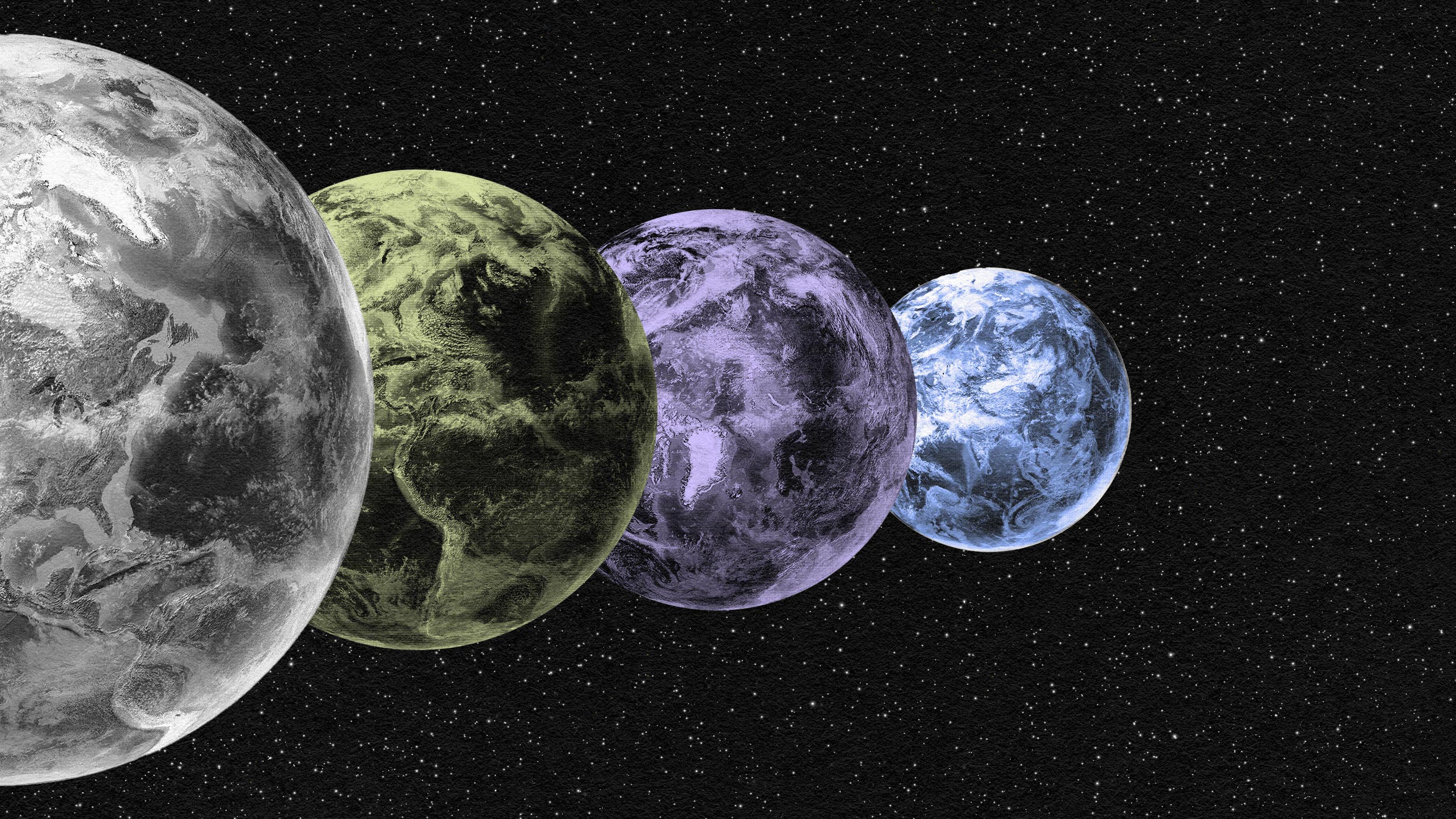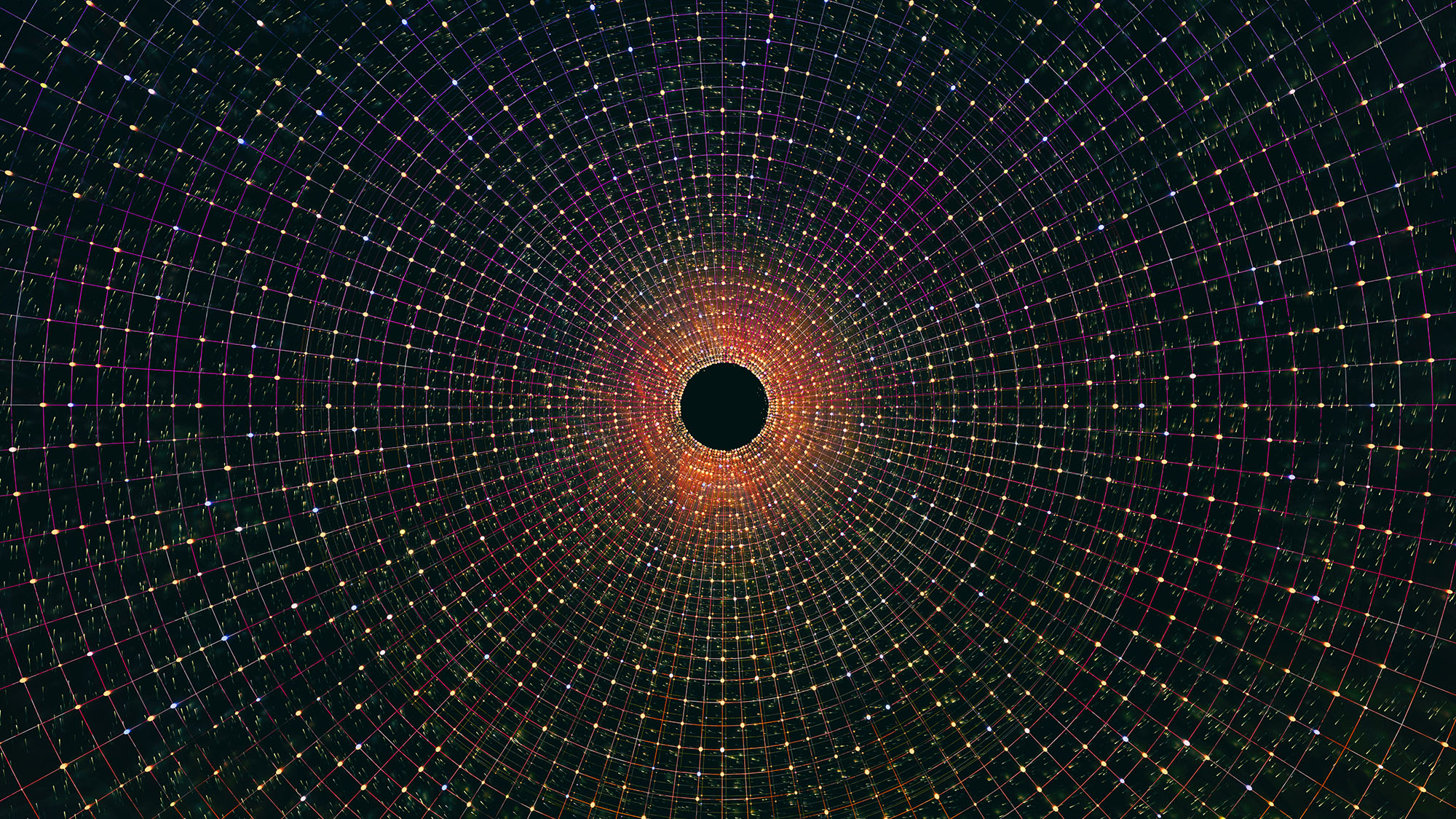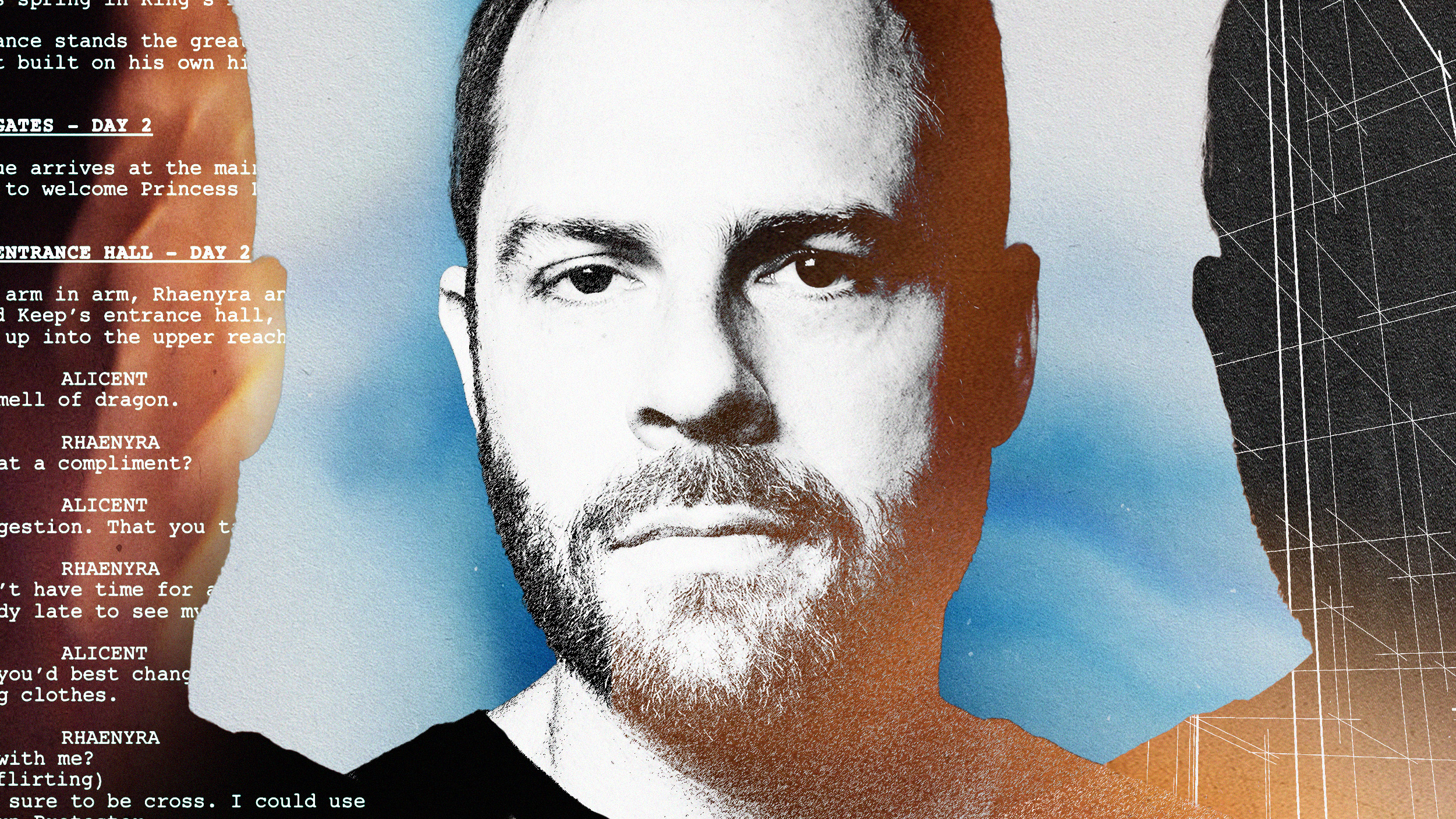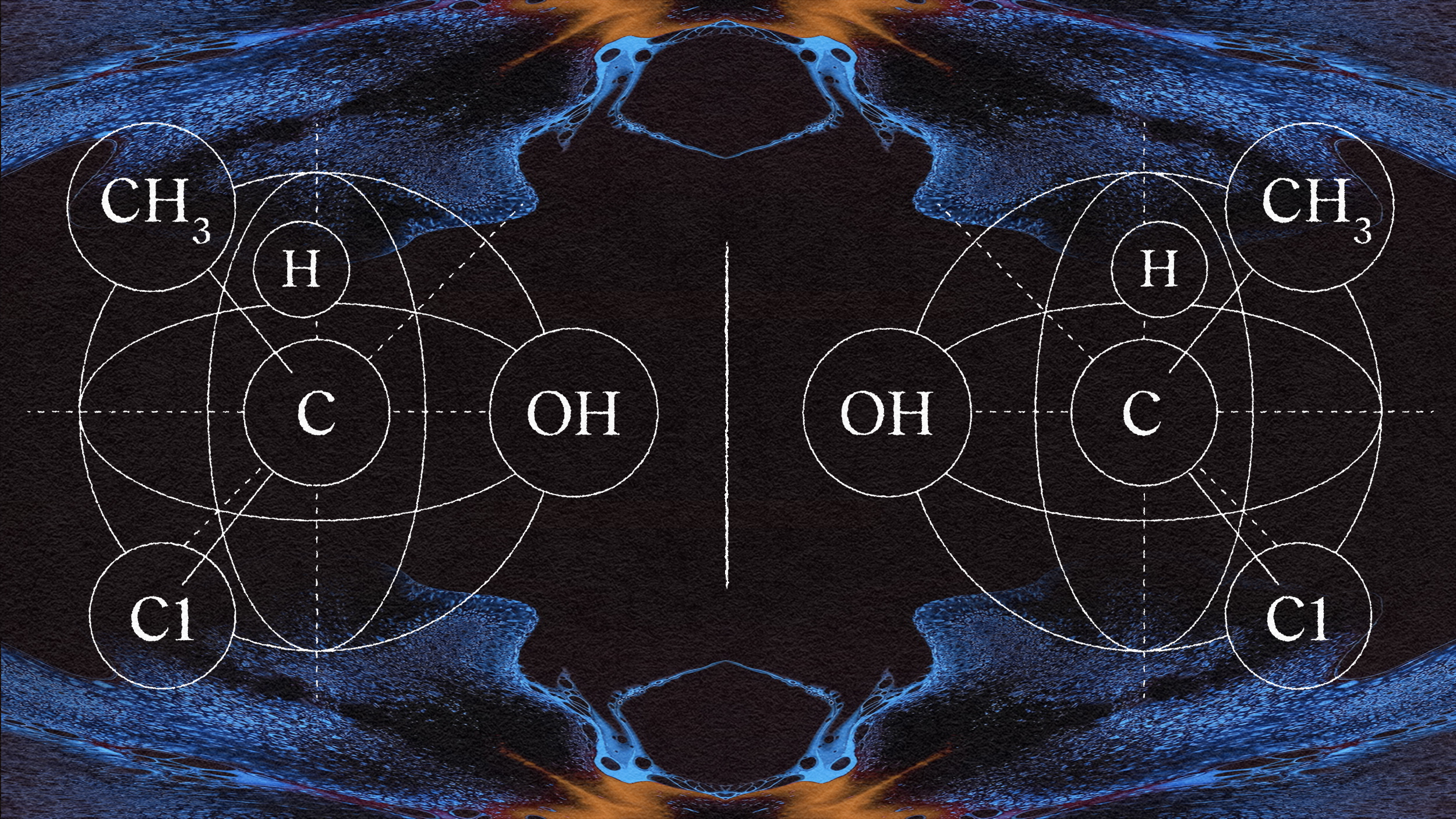The truth may be out there — but it’s not in these close encounters of the third kind.
Search Results
You searched for: M. G. Case
Taking the floor is all about connecting authentically with your audience. Here’s how.
A clock, designed and built in Europe, ran hopelessly at the wrong rate when brought to America. The physics of gravity explains why.
The number of planets that could support life may be far greater than previously thought, a recent discovery suggests.
Here’s the case for why science can’t keep ignoring human experience.
Nothing lives forever, at least, not in the physical Universe. But relativity allows us to get closer than ever, from one perspective.
Lord Kelvin is thought to have said there was nothing new to discover in physics. His real view was the opposite.
Inside the “out there” quest for a drug that would help doctors save lives before it’s too late.
It was originally recorded in the 1970s by cognitive psychologists Harry McGurk and John MacDonald.
How to make sure our formative tendencies don’t derail us from being the great leaders we are trying to become.
Can two planets stably share the same orbit? Conventional wisdom says no, but a look at Saturn’s moons might tell a different story.
“My dad asked me if I had been to tutoring and I lied… Then he showed me the tablet.”
The conservation of energy is one of the most fundamental laws governing our reality. But in the expanding Universe, that’s just not true.
∆G = ∆H – T∆S is one of the most abstract formulas in science, but it is also one of the most important. Without it, life cannot exist.
There are plenty of life-friendly stellar systems in the Universe today. But at some point in the far future, life’s final extinction will occur.
Forgetting and misremembering are the building blocks of creativity and imagination.
Some physicists are besot with the multiverse, but if we can’t detect these other universes, how seriously should we take them?
Author A.J. Jacobs explores how voting has changed since the days of the Founding Fathers — for better and for worse.
Singularities frustrate our understanding. But behind every singularity in physics hides a secret door to a new understanding of the world.
In the early stages of the hot Big Bang, matter and antimatter were (almost) balanced. After a brief while, matter won out. Here’s how.
Of the world’s 300 honey varieties, none is stranger and more dangerous than mad honey.
Ryan Condal, who worked in pharmaceutical advertising before Hollywood, talks with Big Think about imposter syndrome, “precrastination,” and Westeros lore.
The hyperloop would be a great idea for a completely flat planet. With topography and infrastructure, it’s a very different story.
“It doesn’t erase what happened to you. It just changes the impact it has on your life.”
Could a theory from the science of perception help crack the mysteries of psychosis?
Moral panics about the content of children’s cartoons and other forms of entertainment have a long history.
New chip eliminates the need for specific decoding hardware, boosting gaming systems, 5G networks, and more.
This biochemist is determined to create a new life form by reversing the shape of molecules.
Movie soundtracks don’t just help us recall the plot of a film; they also allow us to better understand its meaning.



